It's common — but you can do something about it
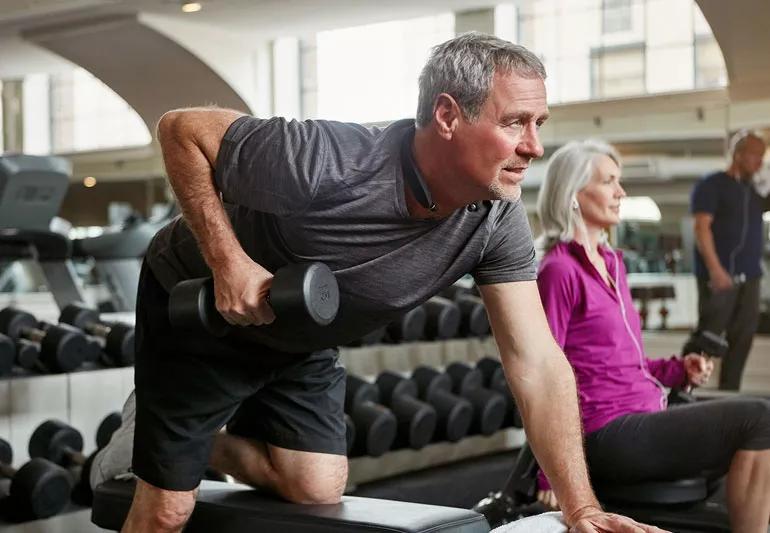
If you’re over 50 and don’t feel as strong as you used to or don’t have as much stamina as you once did, it’s not surprising. Just like bone density decreases with age, we also lose muscle mass. The decline in skeletal muscle, a condition called sarcopenia, is a natural process that occurs in everyone over time. It can lead to frailty and increased risk for falls and loss of independence.
Advertisement
Cleveland Clinic is a non-profit academic medical center. Advertising on our site helps support our mission. We do not endorse non-Cleveland Clinic products or services. Policy
“Fortunately, we can do something about it,” says physical therapist Gary Calabrese, DPT.
Muscle loss occurs because of an imbalance between two neurological signals involved in muscle growth. A catabolic response sends a signal to reduce the size of muscle, while an anabolic response sends a signal to build up muscle. A stronger catabolic response means less muscle is built.
Most experts agree that the imbalance that leads to muscle loss begins around age 50, although some studies suggest it might start earlier. “This will affect everybody by the age of 75,” Calabrese says. An inactive lifestyle accelerates the process.
“Younger adulthood and middle age is when you want to get a jump on this to preserve muscle strength over time,” Calabrese says. Even if you didn’t start early, it’s not too late.
No matter how old you are, you can combat sarcopenia. Exercise builds strength, but nutrition is just as important.
“You can’t just exercise and not eat properly, and you can’t just eat properly and not exercise,” Calabrese says. Eating protein‑rich foods to help build muscle is the key.
“To build muscle, you need 0.45 gram of protein per pound of body weight,” Calabrese says. For example, a person weighing 140 pounds should eat 63 grams of protein a day (140 x 0.45). Good sources are milk, cheese, eggs, poultry, fish, peanuts and beans.
Advertisement
Protein is critical, but you also need carbohydrates, which is the energy source your body uses to be able to exercise. Middle- and older-age adults should not be on a low-carbohydrate diet. But be sure to choose healthy carbohydrates. Vegetables, fruits and whole grains are preferable to highly processed foods. Whole, fresh foods also have vitamins and other nutrients your body needs.
“The best way to limit the extent of loss of muscle strength is by staying physically active all through life,” says Calabrese. “But if you’ve been sedentary and have lost strength, the answer is still exercise.”
A combination of aerobic and strength-training exercises will improve muscle health, as well as overall health. If you haven’t been very active and are just beginning to exercise, go slow. “Don’t do too much too soon,” says Calabrese.
Start by consulting an expert, such as a physical therapist or exercise physiologist. This professional will not only teach you the correct exercises but will put together a program with the right sequence and progression of exercises to get the best results.
You need a well-rounded program that will strengthen all of your muscles, starting with the large muscle groups. Calabrese emphasizes that it’s important to be patient. It can take six to eight weeks to see results.
This article originally appeared in Cleveland Clinic Arthritis Advisor.
Advertisement
Learn more about our editorial process.
Advertisement
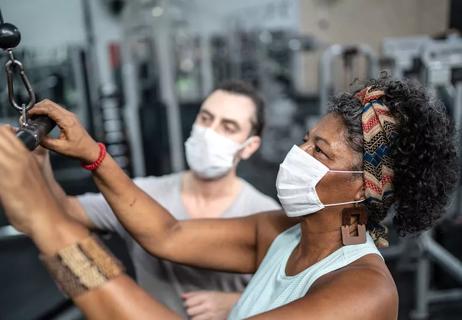
Learn how simple movements can preserve your health — and lessen your risk for falls
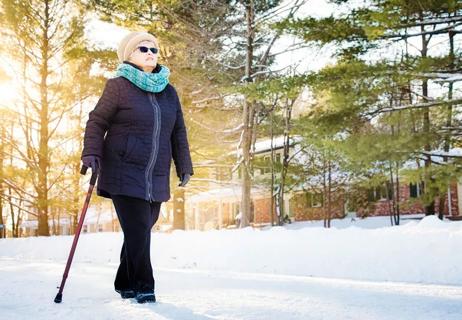
Staying active plays a critical role
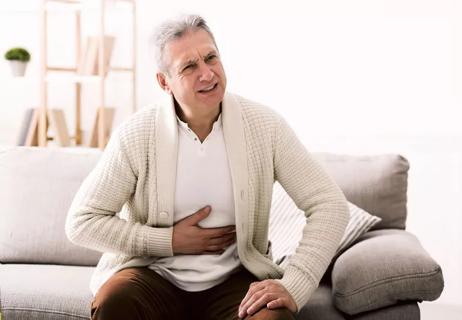
Medications, inactivity, poor diet may all play a role in your stomach trouble
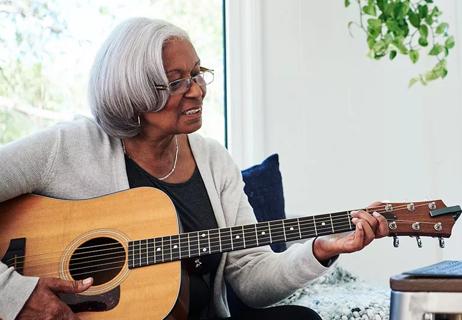
Top your to-do list with friends, family and activities

5 tips to train and maintain your immune system
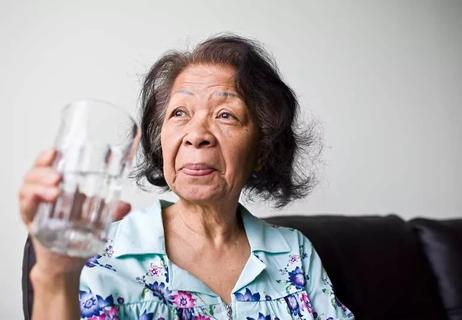
Body changes put older adults at increased risk of dehydration
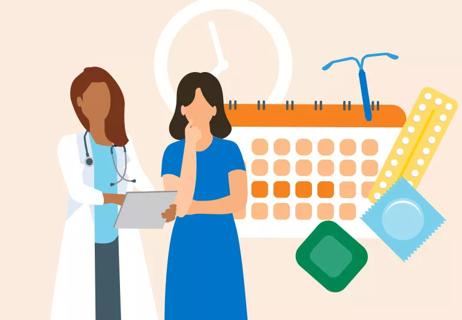
Some birth control can hide perimenopausal symptoms
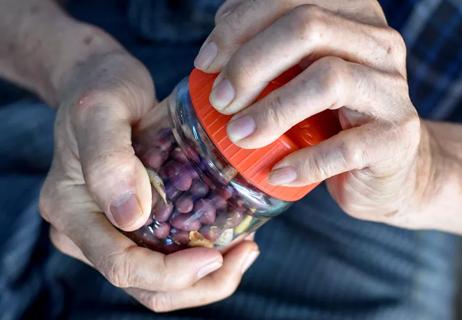
Turns out your health really is in your hands

Type 2 diabetes isn’t inevitable with these dietary changes

Applying a hot or cold compress can help with pain